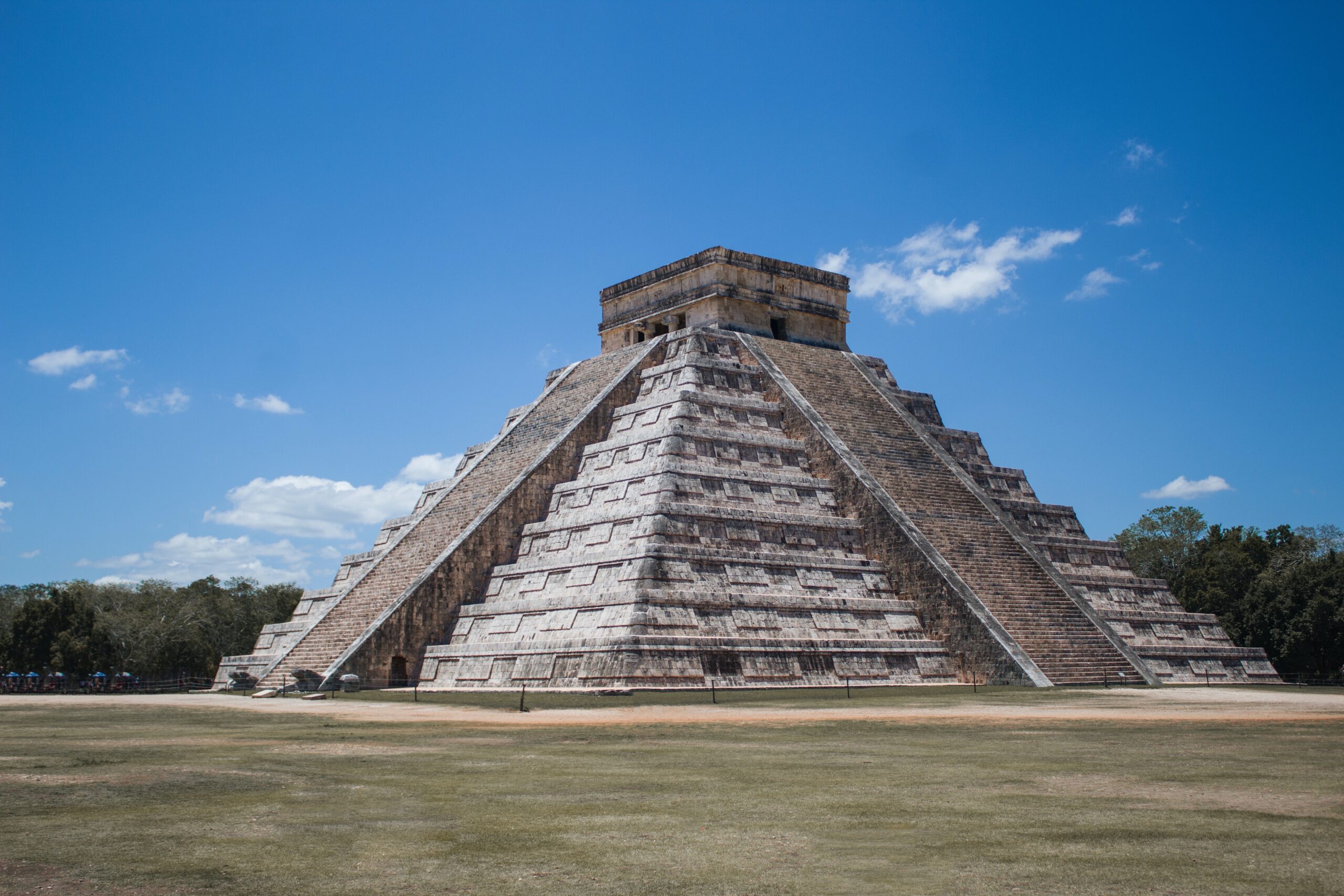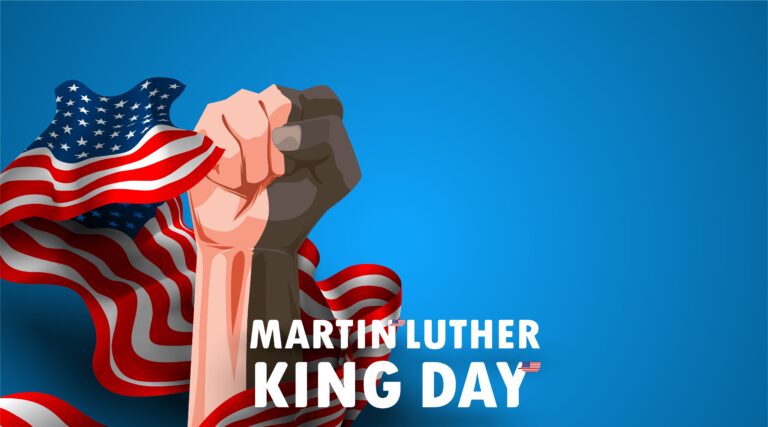Confederate Memorial Day is a holiday celebrated by certain states in commemoration of Confederate Civil War soldiers on January 19th. Although many of these states celebrate it on a different day, it is celebrated by Alabama, Florida, Georgia, North Carolina and South Carolina, While in Texas is known as Confederate Heroes Day. Some areas close school and state offices.
Traditions
- Flag and wreath ceremonies
- Church ceremonies
- Reenactments
- Parades
- Concerts
- Relic displays
- Dinners and balls
History
The American Civil War lasted from 1861 and 1865, tearing the nation apart as the Union and Confederate army fought, often pitting relatives and friends against each other. While the amount of casualties is debated, some figures believe that around 260,000 Confederate soldiers out of a total 600,000 casualties were Confederate soldiers.
Significant leaders of the Confederacy include President Jefferson Davis, Robert E. Lee, Thomas “Stonewall” Jackson, and Samuel Cooper.
Although the Confederacy lost the war, the name and flag has continued to be a source of pride in the South. In 1866, a women’s group in Georgia lobbied for a day to commemorate Confederate soldiers, resulting in several states adopting the measure.
Prominent Confederate Figures
- President Jefferson Davis. The leader of the Confederacy and Kentucky native, he resigned from his position as Secretary of War to join the Confederate cause and was voted in as President. Davis is credited with mismanagement of Confederate forces, failing to overcome Union forces, gain foreign allies, and solved expense problems by printing more money.
- Robert E. Lee. Some of the highlights of Lee’s Civil War career include causing Union forces to abandon the Peninsula Campaign in the Seven Days Battles, the Second Battle of Bull Run, Second Manassas, Fredericksburg, and Chancellorsville. Lee’s biggest failure of the war was the Battle of Gettysburg, after which Lee himself reportedly said, “All this has been my fault.” As the Confederate effort continued to decline in January of 1865, Lee took the position of general-in-chief. He surrendered to Ulysses S. Grant on April 9, 1865 at the Appomattox Court House. His punishment for Lee’s involvement in the Civil War was a loss of the right to vote and also of some property.
- Thomas “Stonewall” Jackson. Jackson’s War service started in 1861 as a drill master for the Confederate Army, followed by the assembly and command of the “Stonewall Brigade,” a ground of five regiments at Harper’s Ferry. Stonewall’s next success occurred with the First Battle of Bull Run, bringing his brigade as reinforcements to stop the Union assault—so effective that it is here that he earned the nickname “Stonewall.” After Bull Run, he was promoted to major general. Jackson’s next endeavor was his Valley Campaign, in which he and his men marched 646 miles in 48 days, winning battles and prevented Union reinforcements from reaching Richmond. Next, he marched his army to meet Robert E. Lee at the Seven Days Battles, going on to fight in battles such as the Second Battle of Bull Run, Antietam, the Battle of Fredericksburg, after which he died of pneumonia. He ended the war in the position of lieutenant general.
Controversy
Similarly to contemporary celebration of Confederate pride, this holiday is widely controversial due to the Confederacy’s association with slavery, blasted by the NAACP as offensive. Defenders of the holiday state that the war was not simply about slavery, and that the holiday is a celebration of Southern patriotism and not the culture surrounding slavery. Some legislative bodies have moved towards combining the holiday with a commemoration of Civil Rights, but this has yet to be established.













































